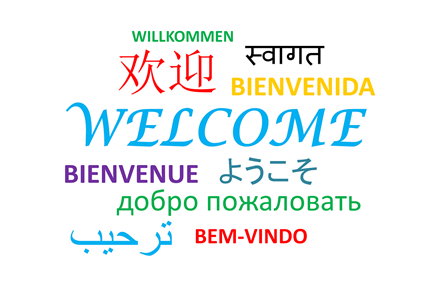Virtual influencers bring brands to life
Study shows computer-generated influencers are good at some aspects of marketing but not others.

Despite being computer-generated, virtual influencer Lil Miquela has a human-like appearance and personality that has attracted 3.6 million followers on TikTok. Researchers are keen to investigate what makes people follow such constructs and how they are effective in promoting a brand.
A study based on in-depth interviews with people in Singapore who follow these influencers revealed that the novelty and entertainment value of virtual influencers were among the main reasons for their decision to follow them.
The interviewees also resonate with the influencers’ personalities or the values they advocate, says Assoc Prof Lou Chen from NTU’s Wee Kim Wee School of Communication and Information, the first author of the research.
While followers of the virtual constructs find their looks and behaviour uncanny and eerie, people still accept them because their human-like flaws make them appear less perfect. Followers also believe that virtual influencers are created by real people, giving them a less robot-like perception.
From a marketing perspective, the study showed that virtual influencers are good for building a brand’s image by projecting a forward-thinking and trendy image, says Assoc Prof Lou. They also improve people’s awareness of a brand.
Intriguingly, the virtual constructs do not spur people to buy products from a brand being promoted. The interviewees feel that they do not have real experiences to share and lack relatable traits. The followers also have trouble building close relations with the influencers since they are ultimately staged.
---
Read details of the research “Authentically fake? How consumers respond to the influence of virtual influencers” in Journal of Advertising (2022). DOI: 10.1080/00913367.2022.2149641.
The article appeared first in NTU's research & innovation magazine Pushing Frontiers (issue #22, December 2023).

.tmb-listing.jpg?Culture=en&sfvrsn=d9d3b962_1)
.tmb-listing.jpg?Culture=en&sfvrsn=6c7b6f1f_1)
.tmb-listing.jpg?Culture=en&sfvrsn=ab6472c8_1)

.tmb-listing.jpg?Culture=en&sfvrsn=ffaf2aec_1)
5872e661-3cf5-41b6-abee-8d297a83209c.tmb-listing.jpg?Culture=en&sfvrsn=61d1c8d7_1)